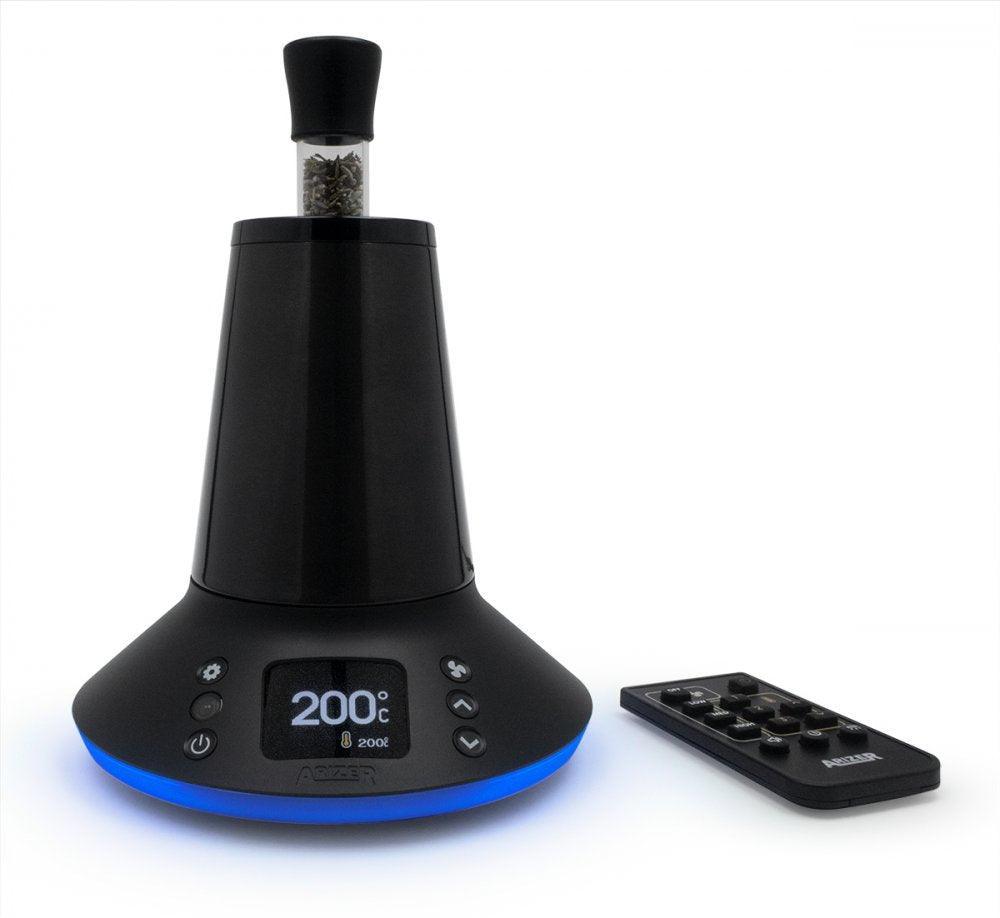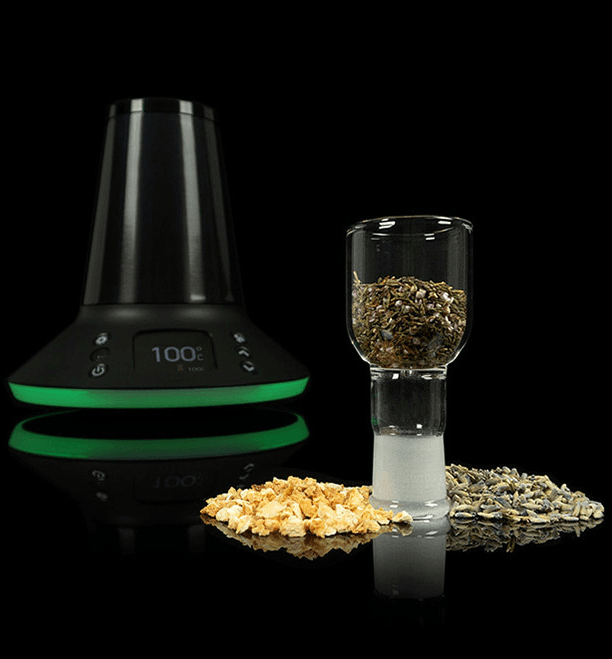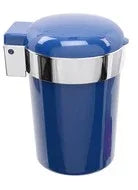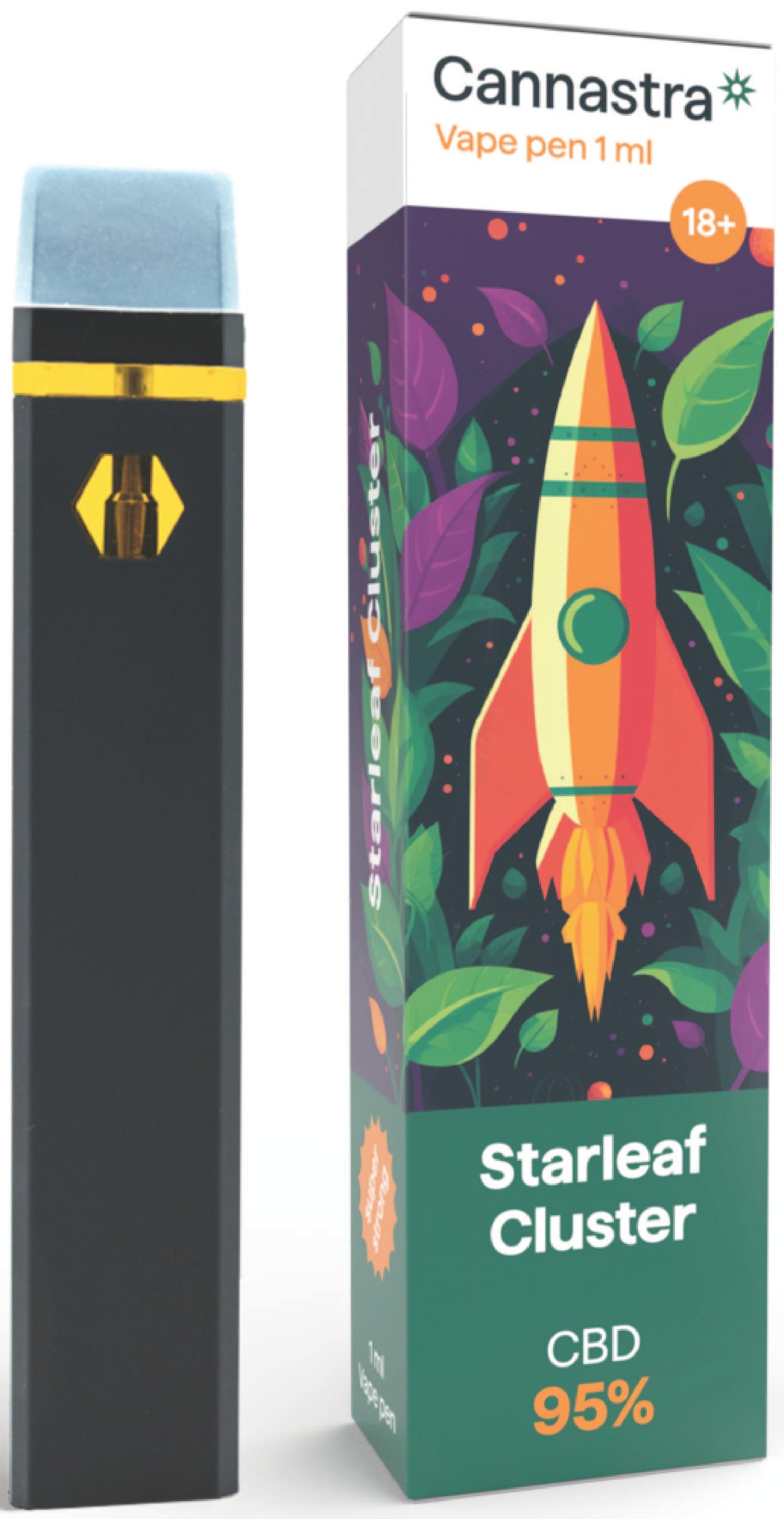Cannabis has been a topic of intrigue and debate for centuries. At the heart of this conversation is delta-9-tetrahydrocannabinol, or THC, the primary psychoactive component of the Cannabis sativa plant. While many are familiar with THC's reputation for inducing a "high," recent research has delved deeper into its medical applications, shedding light on its complex effects on the brain and body. In this post, we explore THC's therapeutic potential, adverse effects, and the current state of its use in medicine.
THC: More Than Just a High
THC and cannabidiol (CBD) are the most well-known compounds found in cannabis. Unlike CBD, THC is known for its psychoactive properties, which have made it popular for recreational use. However, THC's influence extends beyond recreational effects; it interacts with the body's endocannabinoid system (ECS), impacting various physiological processes.
The ECS plays a critical role in regulating mood, appetite, pain sensation, and immune response. THC binds to cannabinoid receptors in the brain, particularly CB1 receptors, influencing neurotransmitter release and leading to its characteristic psychoactive effects. This interaction also underpins many of THC's potential medical benefits, such as pain relief and anti-inflammatory properties.
Medical Uses of THC
The therapeutic potential of THC has led to the development of synthetic formulations, such as dronabinol and nabilone. The U.S. Food and Drug Administration (FDA) has approved these medications for specific uses, including:
- Chemotherapy-induced nausea and vomiting: Both dronabinol and nabilone help alleviate nausea in patients undergoing chemotherapy, offering relief where other treatments might fail.
- Appetite stimulation in AIDS-related anorexia: Dronabinol is prescribed to increase appetite in patients experiencing severe weight loss due to AIDS.
Despite these approvals, the broader medical use of THC is limited by its classification as a Schedule 1 drug under U.S. federal law, indicating a high potential for abuse and no accepted medical use. However, many U.S. states have legalized medical cannabis, allowing for a variety of off-label uses, including for conditions like obstructive sleep apnea and breast cancer, though these uses are not yet fully supported by clinical guidelines.
Adverse Effects and Risks
THC's psychoactive nature is not without risks. Common adverse effects include dysphoria, hallucinations, paranoia, sedation, confusion, and hypotension. More severe reactions, such as seizures, can also occur. Additionally, a condition known as cannabinoid hyperemesis syndrome (CHS) has been reported, characterized by cycles of nausea, vomiting, and abdominal pain, often relieved by hot showers.
Long-term or high-dose use of THC can lead to cannabis use disorder (CUD), marked by addiction and withdrawal symptoms. The potential for developing psychiatric conditions, including psychosis, depression, and anxiety, is also a concern, particularly with high-THC products.
Contraindications and Monitoring
Medical professionals must exercise caution when prescribing THC-containing medications. Dronabinol and nabilone are contraindicated for individuals with hypersensitivity to cannabinoids. They are also classified as pregnancy Category C drugs, indicating potential risks during pregnancy and breastfeeding. For older adults and those with a history of substance misuse, careful monitoring is essential to manage psychiatric and cognitive impairments, as well as hemodynamic changes.
The Future of THC in Medicine
The exploration of THC's medical applications is ongoing. Its potential to treat conditions like chronic pain, neuroinflammation from traumatic brain injuries, and systemic inflammation through CB2 receptor modulation is particularly promising. Moreover, the combination of THC and CBD may provide an alternative to opioids for chronic pain management, though more research is needed to establish safe and effective dosing protocols.
Conclusion
THC's journey from a recreational substance to a potential therapeutic agent highlights the complexities of cannabis as a medicine. While there is promising evidence for its use in specific medical conditions, the risks associated with THC necessitate careful consideration and further research. As the landscape of cannabis legalization and medical use continues to evolve, a balanced understanding of THC's benefits and drawbacks will be crucial for healthcare providers and patients alike.
At Cannabis Clinics Malta, we are committed to staying informed about the latest research and developments in cannabinoid medicine. Our goal is to provide comprehensive care that takes into account the full spectrum of potential benefits and risks associated with cannabis use. For more information or to discuss whether THC-based treatments may be suitable for you, please contact our team of experts.
This post is for informational purposes only and does not constitute medical advice. Always consult a healthcare professional before starting any new treatment.
















